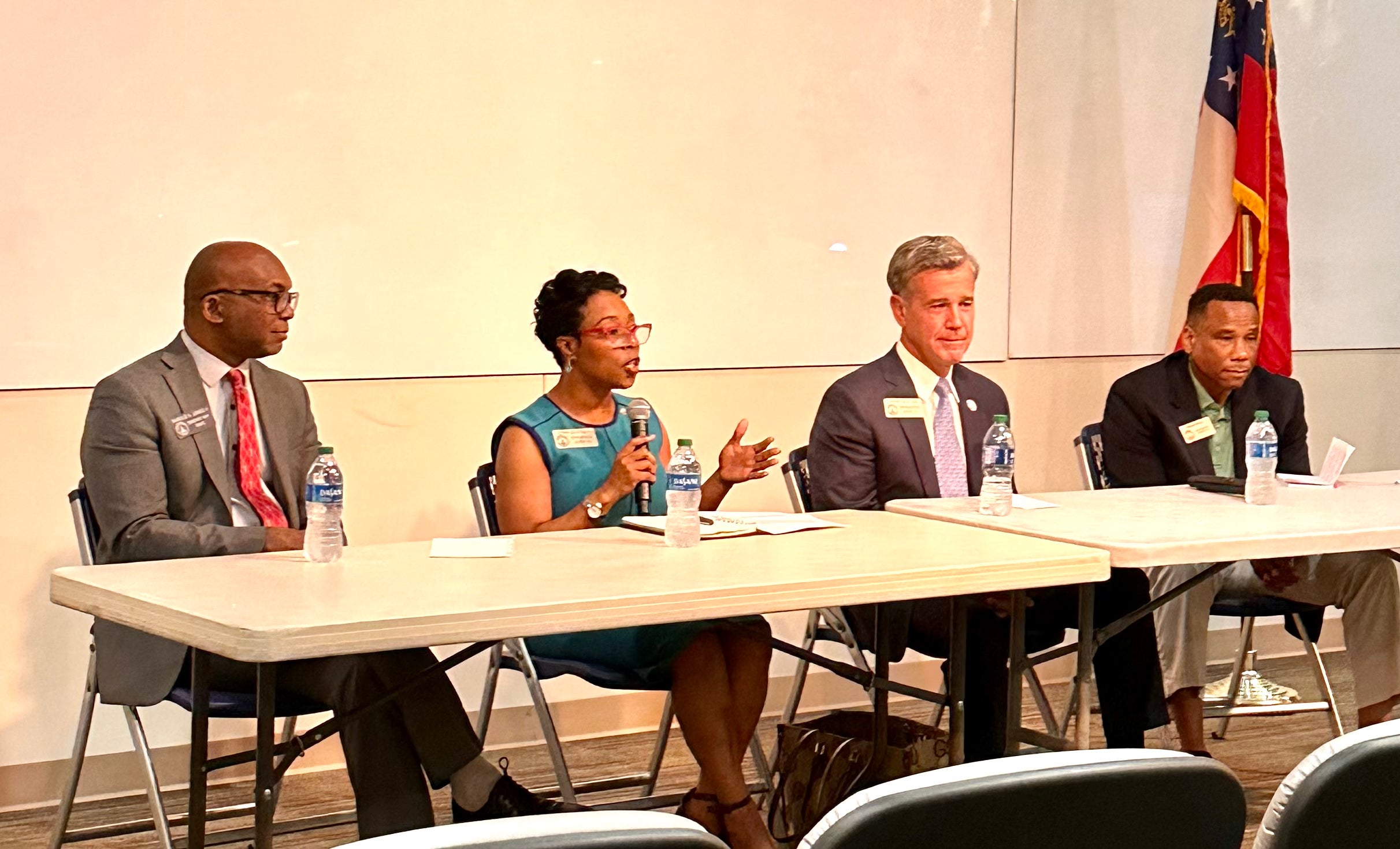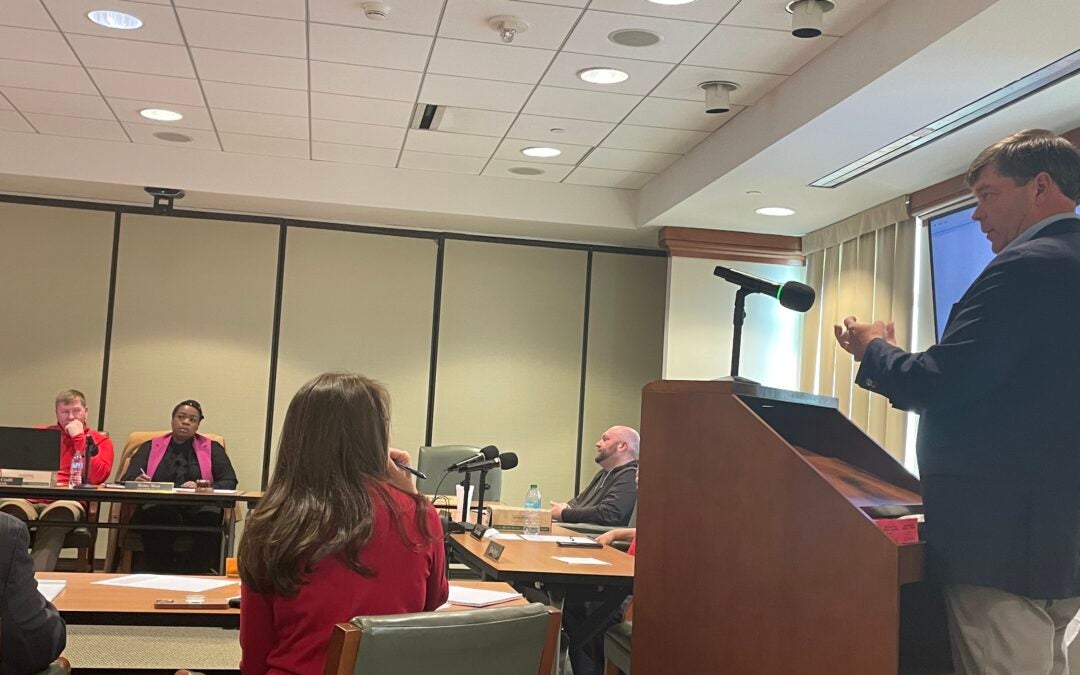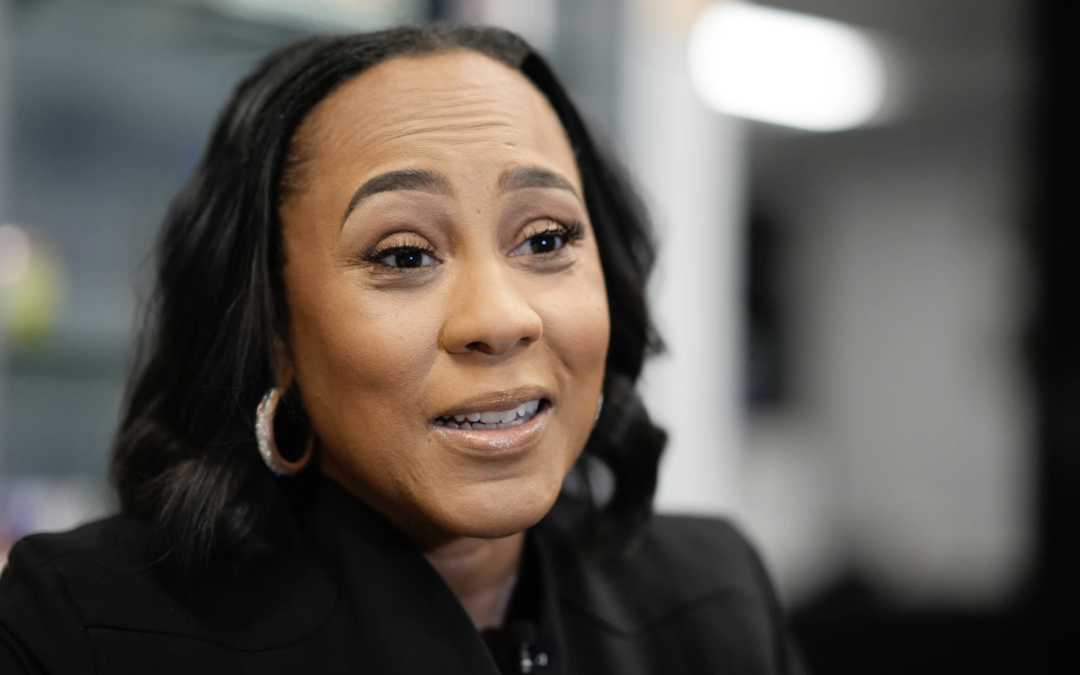One of only two freshman Democrats in the General Assembly to pass a bill this year, Rep. Lynn Gladney, D-Augusta, turned to what she knew.
“Which was military, and which was also license plates, which is what I do every day,” said Gladney, a third-generation veteran and the head of the Richmond County tag office.
Gladney and fellow members of the Augusta legislative delegation discussed their accomplishments during the session at a Thursday town hall meeting at Augusta University.
Georgia offers dozens of categories of license plates commemorating universities, military branches and conflicts, sports teams and other organizations and causes.
Missing among them were tags for retired reservists and retired members of the Georgia National guard, she said.
Gladney introduced House Bill 618 in February, which added a prestige tag for retired members of the active reserves and Georgia National Guard. At the bottom, rather than the county name is the word, “retired.”
The state senate would eventually introduce a substitute to Gladney’s bill, House Bill 175, which includes the guard and reserves retirees but added several other new prestige tags: Georgia Secretary of State, Attorney General, State School Superintendent; commissioners of Insurance, Agriculture and Labor; members of the Georgia Public Service Commission as well as the Kappa Alpha Psi and Alpha Phi Alpha fraternities.
Gov. Brian Kemp signed the bill last month. “Anybody who served a tenure of 20 years or more will be eligible to go into their local tag office and if they live in Richmond County, come see me,” Gladney said. “I’m going to make sure you get the first plate in Richmond County.”
Gladney actually had two bills signed by the governor during her first session. She was lead sponsor of House Bill 733, which raises from $7,500 to $50,000 the threshold over which Richmond County Board of Education must use a formal procurement process.
Schools Trustee Shawnda Griffin Stovall, a small business owner, has said the board sought the change to make it easier for small businesses to compete by lifting requirements they be bonded for smaller jobs.
Gladney’s first session was full of firsts, she said. The freshman class of 53 included its first Pakistani member, its first Jewish woman, its first Muslim woman and the largest-ever Asian delegation and Black caucus, she said.
Sen. Harold Jones, D-Augusta, said he’ll continue next year to push for passage of Senate Bill 177 dealing with food insecurity. The bill creates a 16-member council to advise the state on food insecurity issues, including what types of retailers are needed, recommendations for changes in the Women, Infants and Children or WIC program and increasing support for food banks and farmer’s markets.
Delegation Chairman Rep. Brian Prince, D-Augusta, updated the group on the status of a new state veteran cemetery coming to Augusta. While the state has committed $1 million, the project awaits federal support, Prince said. “Once the feds get on board, we’re going to put that (funding) back toward that,” he said.
Prince said he opposed House Bill 189, which passed. The bill increased the weight loads for forest and agriculture commodities on tractor trailers using state and local roads. Prince said it increases the burden on local government expected to maintain those roads.
Rep. Mark Newton, R-Augusta, spoke to Senate Bill 231, which gives Augusta voters the choice next year of giving the city’s mayor a vote on all commission decisions. “The one person elected by all 200,000 (residents) has never had a vote on the commission,” Newton said. While the General Assembly could have made the change itself, “we didn’t think that it was the appropriate or fair thing to do,” Newton said.
Newton also addressed House Bill 230, which calls for a referendum giving voters the option to impose a half-cent sales tax to fund construction of a new James Brown Arena.
“Does the second largest city in Georgia… Does it deserve to have an arena which is not being repaired all the time and 45 years old and in need of replacement,” Newton said. Newton said the new arena will be of “regional significance “ and that 35% to 40% of sales tax collections will come from purchasers who reside in other counties.










